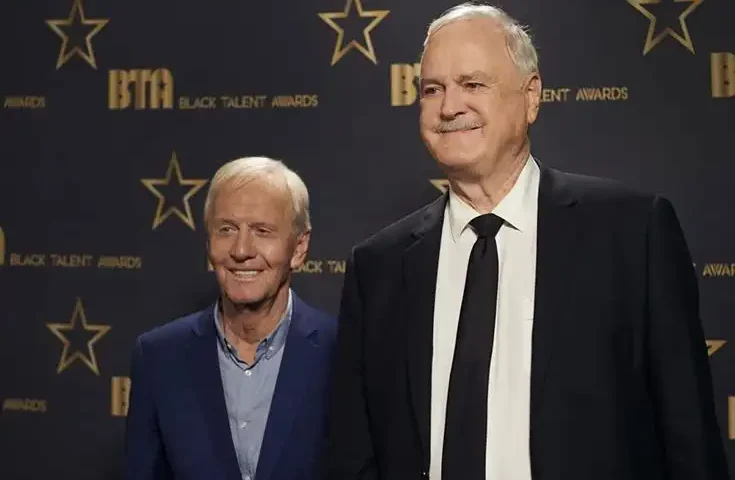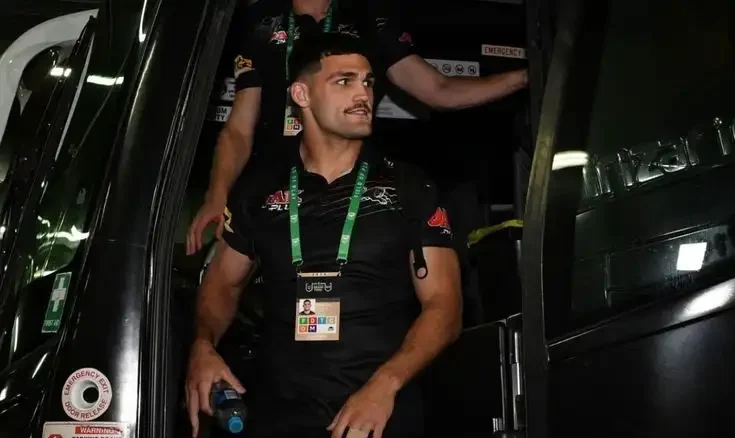When an interview is nearing its end, many candidates feel relieved, but the real test begins when asked, “Do you have any questions?” At this point, preparing thoughtful Questions to ask at the End of an Interview is crucial to leave a lasting impression and show genuine interest in the role.
It is not just a formality; it’s your final chance to leave a strong impression and gather the information you need to make an informed career decision.
Preparing questions to ask at the end of an interview does more than just show your curiosity. It communicates that you’ve done your homework, you value clarity, and you’re genuinely interested in the company’s goals and culture. Thoughtful questions can also help you determine whether the organization is the right fit for your skills, values, and career aspirations.
Understanding the Company’s Culture
Culture shapes everything from the way teams collaborate to how employees are recognized for their work. A company with a supportive, inclusive, and innovative culture can be a place where you thrive both professionally and personally. On the other hand, a mismatch in cultural values can make even the most appealing job title feel unsatisfying.
When you ask about the company’s culture, you get insight into whether it’s a place where creativity is encouraged, feedback is valued, and work-life balance is respected.
The interviewer’s response can reveal subtle but crucial details, such as whether employees are encouraged to take ownership of projects or if the environment is more top-down and rule-oriented. This knowledge helps you determine if the organization aligns with your work style and long-term goals.
Clarifying Role Expectations: Questions to Ask at the End of an Interview

A well-written job description can give you an overview of the role, but it rarely tells the whole story. Roles can evolve quickly, and day-to-day responsibilities may differ from what’s listed. By asking targeted questions about expectations, you can uncover the specifics of your duties, the immediate challenges you might face, and the standards you’ll be measured against.
This clarity is essential for two reasons: it helps you gauge whether your skills and experience are a good match, and it allows you to step into the role with realistic expectations. It also shows the interviewer that you are a proactive candidate who wants to ensure mutual understanding before committing.
Growth and Development Opportunities
A job is more than a paycheck; it’s an investment in your future. Companies that offer career growth and skill development opportunities often attract top talent and have higher retention rates. Asking about these opportunities signals that you are motivated, ambitious, and looking to build a long-term relationship with the organization.
Sample Growth-Related Questions
- What training programs or skill-building workshops are available for employees?
- How often do performance evaluations take place, and how are they conducted?
- Are promotions typically offered internally before seeking outside candidates?
Team Structure & Collaboration: Questions to Ask at the End of an Interview

The people you work with daily will have a significant impact on your job satisfaction and productivity. Understanding the team’s structure helps you visualize how responsibilities are distributed, who you’ll be reporting to, and how different departments interact with one another.
If teamwork is central to the role, you’ll want to know how the company approaches collaboration. This could involve formal structures like weekly team meetings or more informal methods like open communication channels. Asking these questions helps you assess whether the work environment is aligned with your preferred style of communication and cooperation.
Example Team-Related Questions
- How large is the team I will be working with, and what are their primary roles?
- What is the most common communication style used within the team?
- How does the company encourage cross-department collaboration?
Work-Life Balance Questions to Ask at the End of an Interview

In today’s fast-paced world, employees increasingly value work-life balance as much as salary and career advancement. A company’s stance on flexibility, overtime, and remote work can have a direct impact on your overall well-being and job satisfaction.
During the interview, Approach this topic tactfully by asking about policies for flexible hours, remote work arrangements, and workload management during peak seasons. Employers who promote balance create happier, more engaged employees, which strengthens both the company and the team.
Performance Measurement: Questions to Ask at the End of an Interview
Every company has its way of determining success, and understanding that system early on can help you hit the ground running. Some organizations prioritize measurable results, others value innovation and creativity, and some place a premium on teamwork and collaboration.
Asking about performance measurement shows that you’re eager to align your contributions with the company’s expectations from the beginning. It also provides clarity on how your success will be evaluated and rewarded, helping you gauge whether the role supports your long-term career growth and satisfaction.
Future Company Goals
Knowing where the company is headed can help you decide if it’s the right place to grow your career. An organization with clear, ambitious goals offers opportunities for employees to be part of meaningful projects and long-term achievements.
Good Future-Focused Questions
- What are the company’s most important objectives for the next few years?
- Are there any major strategic projects or expansions planned?
- How does the company stay competitive in its industry?
Challenges in the Role
Every position comes with its own set of challenges, and it’s best to understand them before accepting an offer. This allows you to prepare mentally and develop strategies to overcome obstacles.
By asking about challenges, you also signal resilience and problem-solving skills, two qualities employers highly value. You show that you are realistic about the role and committed to making a meaningful contribution, even in difficult situations.
Example Challenge Questions
- What are the most common challenges faced by someone in this position?
- Are there certain times of the year when workloads become especially heavy?
- How does the team handle unexpected changes or setbacks?
Leadership Style Questions to Ask at the End of an Interview
Leadership style plays a crucial role in shaping your day-to-day work experience and overall job satisfaction. Different managers lead their teams in various ways. Some prefer a hands-on Approach, providing constant guidance and feedback. In contrast, others empower employees by giving them autonomy and trusting their decisions.
Understanding the leadership style of your potential manager helps you gauge how much support and direction you can expect, as well as how open the communication channels are.
A collaborative and approachable leadership often encourages innovation and professional growth, while a more authoritative style might emphasize strict processes and clear hierarchies.
By asking about leadership style, you can assess if the management Approach aligns with your preferred way of working and whether it will foster an environment where you can thrive and contribute your best.
Conclusion: Smart Questions to Ask at the End of an Interview
Asking the right questions at the end of an interview is more than just a formality; it is a powerful way to demonstrate your genuine interest in the role and company.
Thoughtful questions help you gain clarity about the job, the team, company culture, and future growth, ensuring you make an informed decision about your career.
Moreover, well-prepared questions leave a lasting positive impression on interviewers, highlighting your professionalism and eagerness to contribute meaningfully.
Remember, an interview is a two-way street; it’s your chance to evaluate if the company aligns with your goals just as much as they assess your fit.
Taking time to prepare and ask insightful questions can turn an ordinary interview into a memorable conversation that brings you one step closer to your dream job.










